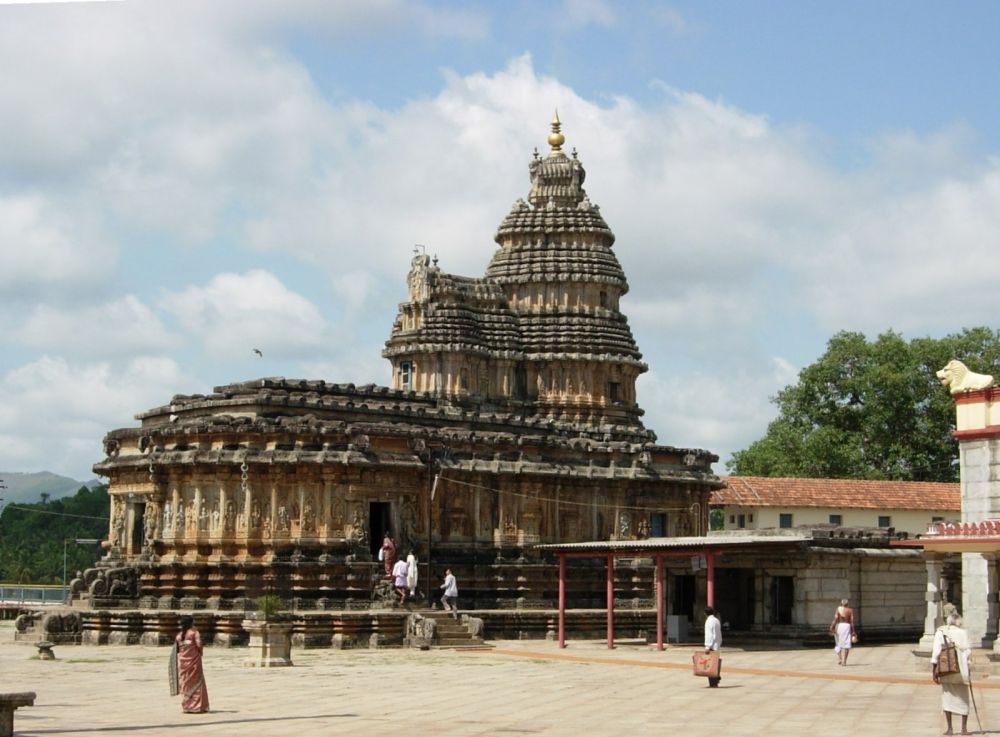

The history of Dwarka Pitha, also known as Sharada Peetha, is steeped in religious significance and pilgrim devotion. Located in the ancient city of Dwarka in Gujarat, this revered site is one of the four cardinal maths (monasteries) established by the great Hindu philosopher Adi Shankaracharya in the 8th century. It has served as a beacon of spiritual learning and a pilgrimage destination for countless devotees over the centuries. As one of the 'Char Dham' pilgrimage sites, it holds an esteemed position in Hinduism and has attracted pilgrims from all over the country and the world.
In the past, reaching Dwarka was a formidable task, involving arduous journeys by foot or on bullock carts. The movement of pilgrims has fluctuated with the stability of the region, influenced by historical events and changes in governance. However, with the advent of better transportation and infrastructure development, tourism to Dwarka Pitha has become more accessible.
With the Indian government's efforts to promote religious tourism through campaigns like 'Incredible India', Dwarka has seen a steady increase in visitors. Developments such as the establishment of convenient rail links, improved road networks, and the enhancement of local amenities have contributed to a significant rise in tourist footfall.
In recent years, there has been a marked increase in the prominence of eco-friendly tourism in Dwarka. The local government and various NGOs are working towards promoting sustainability to preserve the area's natural and historical heritage.
Moreover, various cultural festivals and events have been initiated to showcase the rich traditions of Dwarka and its surrounding regions. The International Kite Festival and the celebration of Krishna Janmashtami are significant draws, offering visitors a glimpse into the vibrant local culture and spirituality.
Visitors to Dwarka Pitha can explore numerous sites of interest, such as the Dwarkadhish Temple, dedicated to Lord Krishna, which is an architectural marvel and a hub of ongoing religious activities. The temple's festivals and daily rituals draw a large number of spectators and participants. Other attractions include the tranquil Gomti Ghat, the Rukmini Devi Temple, and the Nageshwar Jyotirlinga Temple.
For accommodation, Dwarka offers a range of options, from budget lodging to more luxurious hotels, catering to the needs of various travelers. Local cuisine is another highlight, with Gujarati flavors and traditional dishes available at multiple eateries throughout the city.